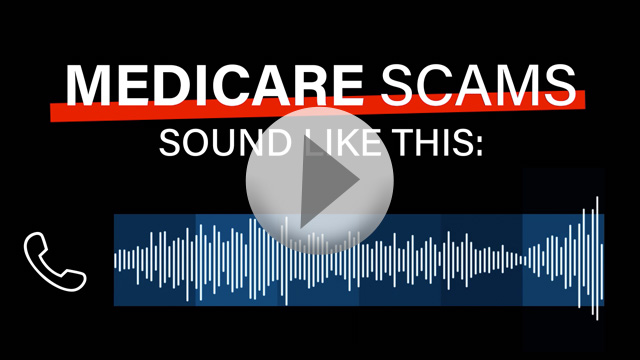Still getting calls from people claiming to be from Medicare, asking for money or personal information? Watch this video about how you can protect yourself from Medicare scams:
The FTC worked with AARP to create a series of videos about imposter scams – including Medicare scams, IRS imposters and robocalls. While the videos are aimed at older Asian Americans and Pacific Islanders, the tips apply to everyone. For the next three Fridays, we’ll highlight these videos.
This week, you’ll learn about these calls that pretend to be from Medicare. The video will help you recognize the scammers who ask for your Medicare number so you can get a back or neck brace. Or who say they need your information or money so you can get a new Medicare card. And you’ll hear from an FTC expert about how to avoid these scams:
- Hang up. If someone calls claiming to be from Medicare, asking for your Social Security number or bank information to get your new card or new benefits, that’s a scam.
- Don’t give personal information to a caller claiming to be from Medicare. You can’t trust caller id. These calls can be spoofed so they look like they’re coming from Medicare even when they’re not. Before you give any personal information, initiate your own call to Medicare at 1-800-MEDICARE.
- Report the call. Report Medicare imposters at 1-800-MEDICARE and ftc.gov/complaint. The more we hear from you, the more we can help fight scams.
For more information about stopping imposter scams, visit ftc.gov/imposters. And to learn about how to stop unwanted calls, including using call blocking technology, go to ftc.gov/calls.

